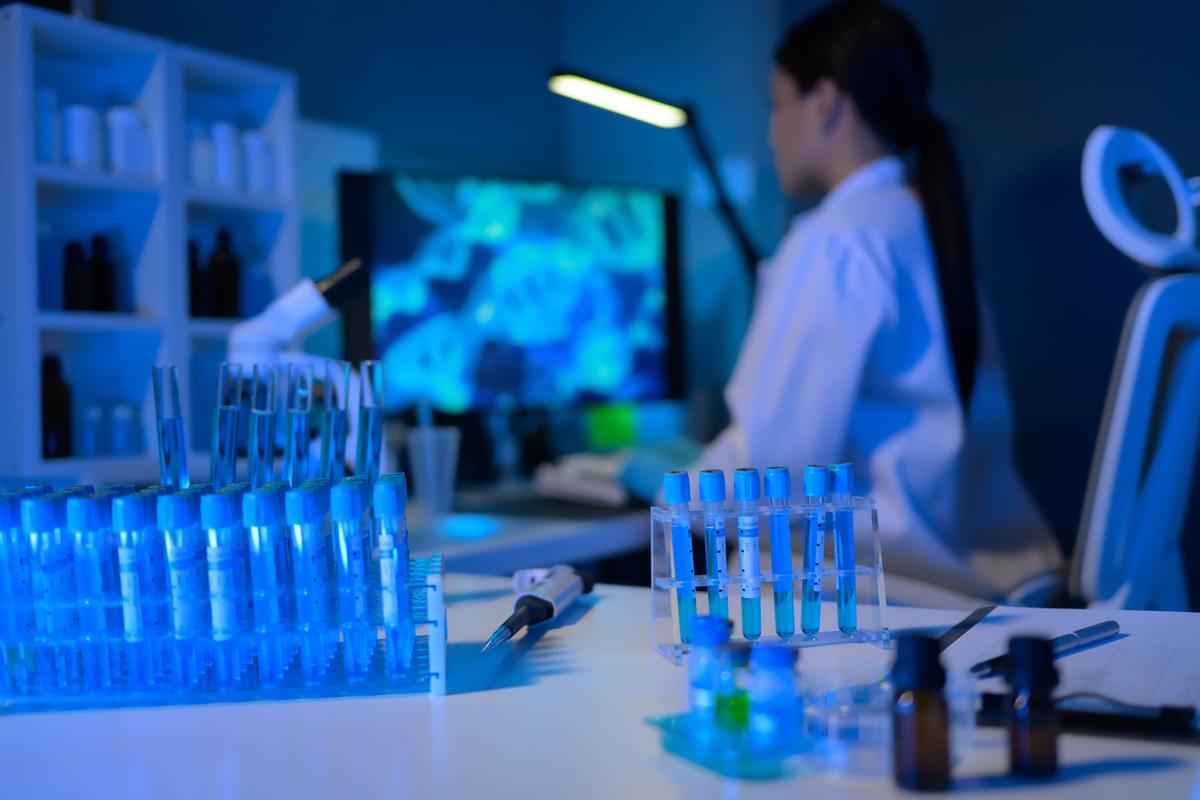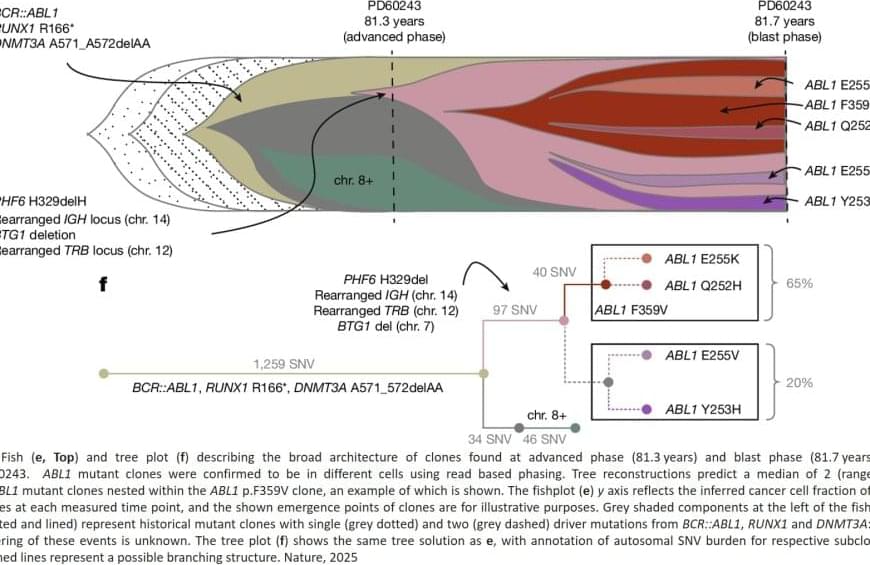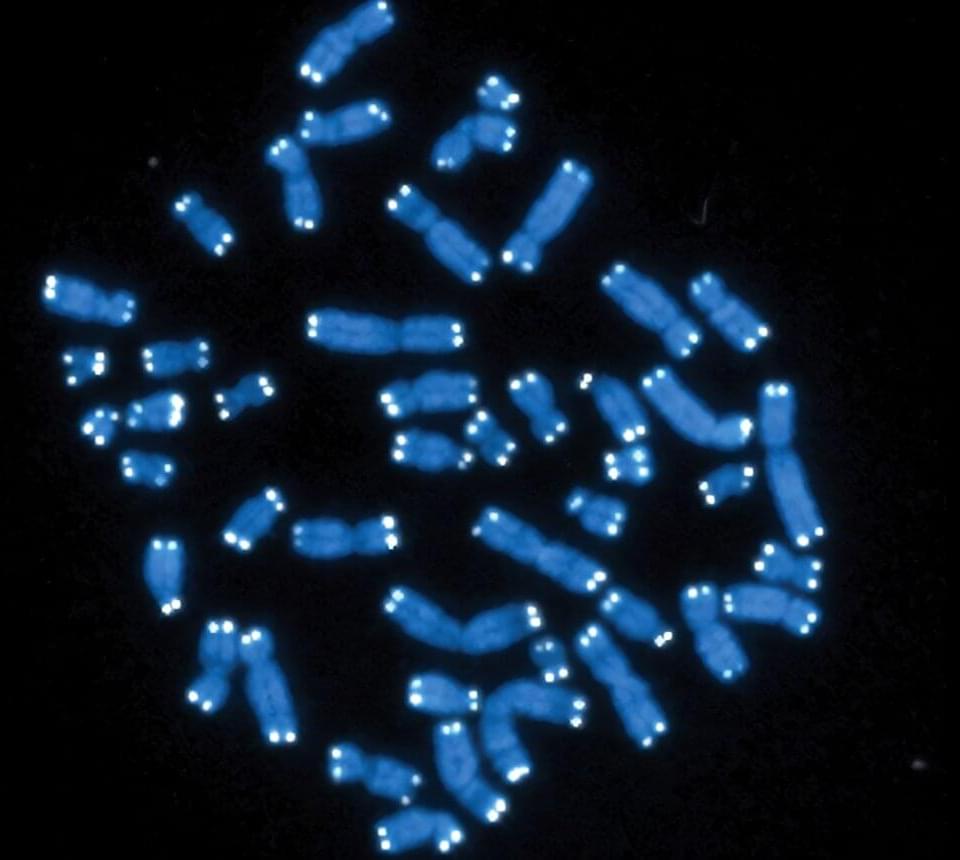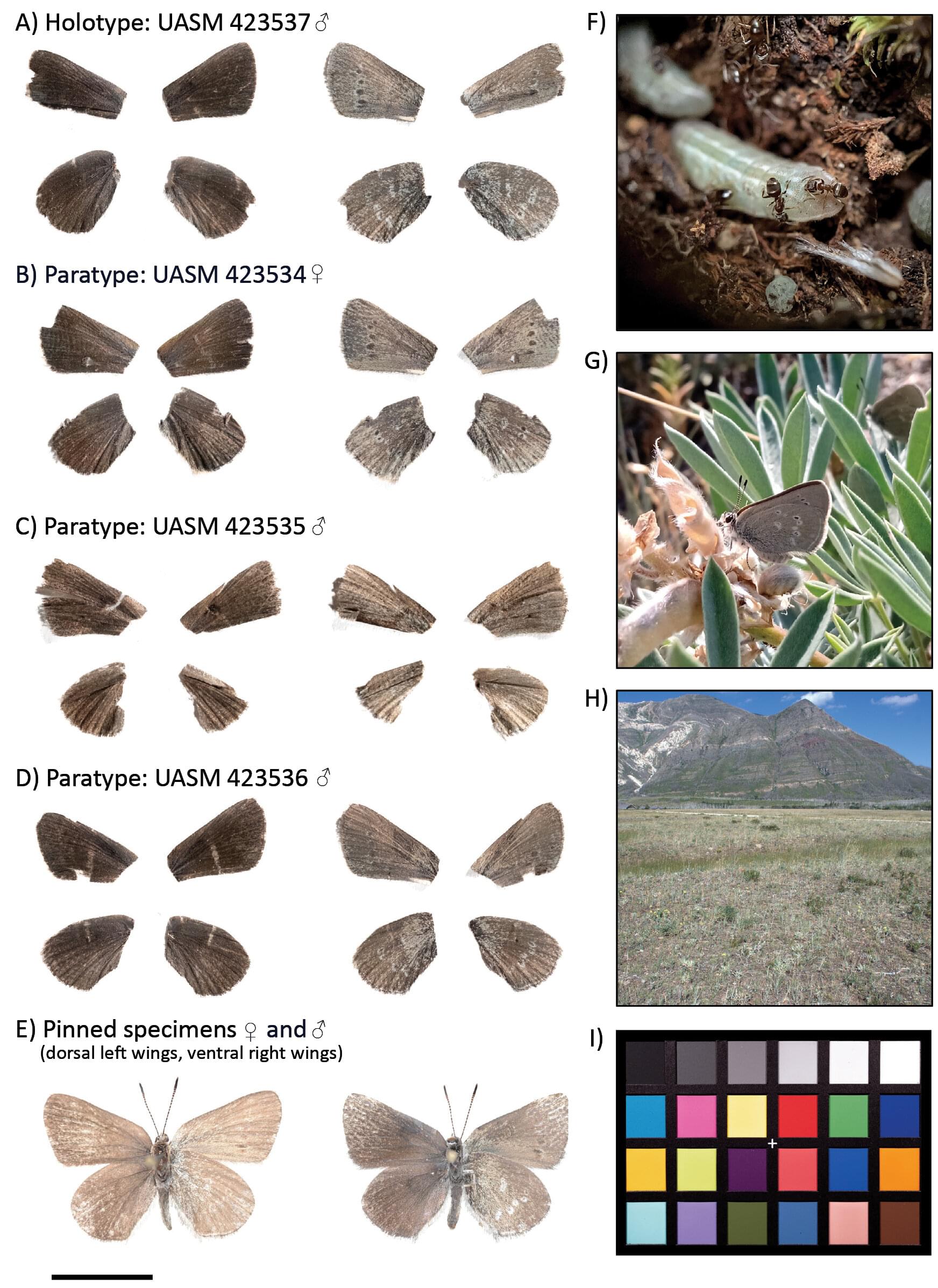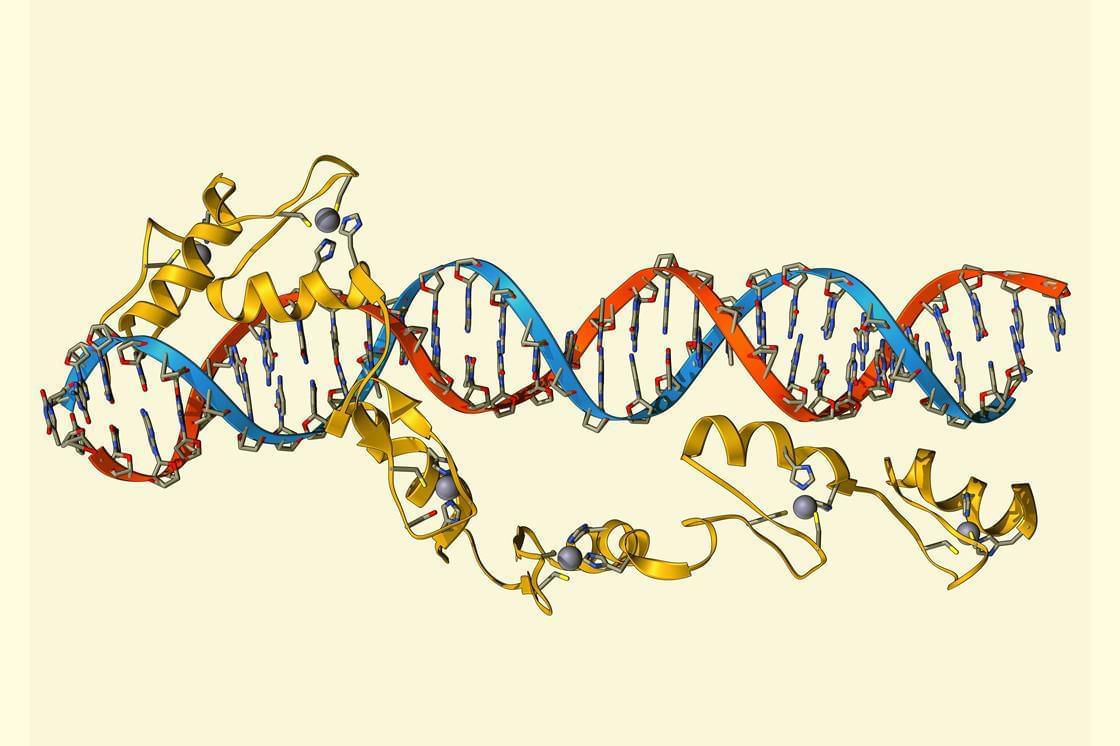Despite major therapeutic advances in the treatment of acute lymphoblastic leukemia (ALL), resistances and long-term toxicities still pose significant challenges. Cyclins and their associated cyclin-dependent kinases are one focus of cancer research when looking for targeted therapies. We discovered cyclin C to be a key factor for B-cell ALL (B-ALL) development and maintenance. While cyclin C is not essential for normal hematopoiesis, CcncΔ/Δ BCR::ABL1 + B-ALL cells fail to elicit leukemia in mice. RNA sequencing experiments revealed a p53 pathway deregulation in CcncΔ/Δ BCR::ABL1 + cells resulting in the inability of the leukemic cells to adequately respond to stress. A genome-wide CRISPR/Cas9 loss-of-function screen supplemented with additional knock-outs unveiled a dependency of human B-lymphoid cell lines on CCNC. High cyclin C levels in B-cell precursor (BCP) ALL patients were associated with poor event-free survival and increased risk of early disease recurrence after remission. Our findings highlight cyclin C as a potential therapeutic target for B-ALL, particularly to enhance cancer cell sensitivity to stress and chemotherapy.
The Philadelphia (Ph) chromosome, a product of the reciprocal translocation t(9;22)(q34;q11) between chromosomes 9 and 22, encodes the BCR::ABL1 fusion oncoprotein.1 The constitutively active BCR::ABL1 tyrosine kinase is a hallmark of chronic myeloid leukemia (CML) and drives a subset of acute lymphoblastic leukemia (ALL). The incidence of Ph positive (Ph+) ALL correlates with age, from only 3% in pediatric ALL to around 25% in older adults.2 Direct targeting of the BCR::ABL1 kinase with tyrosine kinase inhibitors (TKI) has been a breakthrough in targeted cancer therapy. Despite efforts to counteract TKI resistance and improve safety profiles, refractory BCR::ABL1+ leukemia, as well as toxicities and long-term side effects of TKI, present particular therapeutic challenges.3–5
The clinical relevance of cyclins and their associated cyclin-dependent kinases (CDK) has been a major focus of research for several years. Cyclin-CDK complexes do not only drive the cell cycle, but are also important players in various other cellular processes including transcriptional and epigenetic regulation, metabolism or stem cell self-renewal.6 In line with their importance in different pathways, cyclin-CDK complex dysregulation is implicated in many different types of cancer.7
